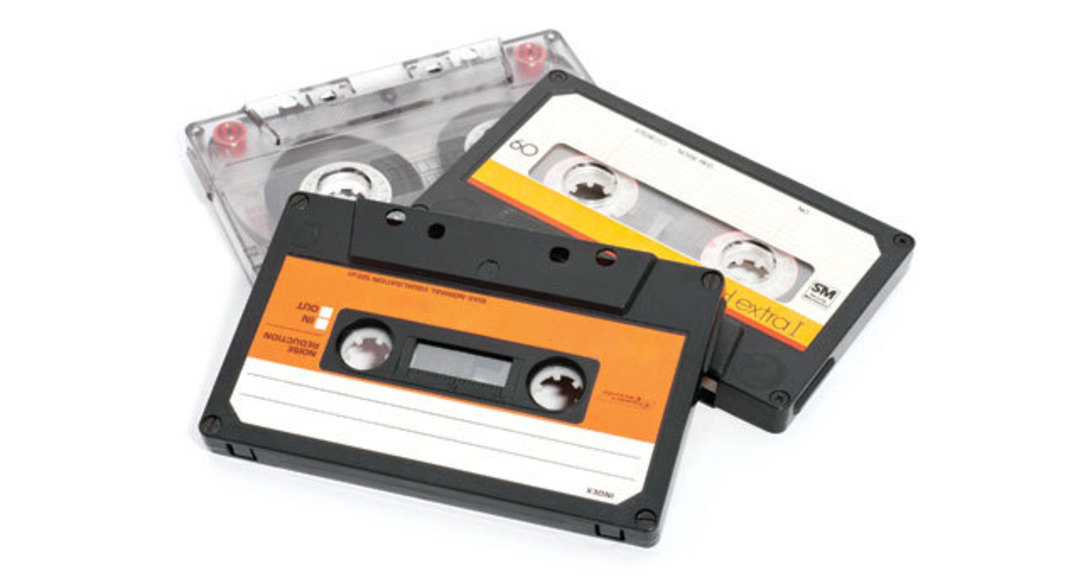Hunting Treason

Image: Shutterstock
Recently, it occurred to me with alarm that I had never learned to hunt. The shock and pain that this realization occasioned was not unlike that of the woman in the Roy Lichtenstein painting who forgot to have children (minus the milky tears). It reminded me of a day, several years prior, in which my family discovered, in a dusty corner of our enclosed patio, a cache of long-forgotten cassette tapes buried beneath a slide projector, reel-to-reel tape system, two Polaroid Instamatics, and a Sony Betamax II. This accidental shrine to obsolescence normally occasioned nothing but mourning. To contemplate the magnitude and variety of its elements was to be seized with the peculiar pain reserved for those who have chosen to preserve priceless family memories on discontinued formats.
On this day, however, a sudden storm had barreled through northwest Houston, flooding the patio. Rotting bongo drums floated in the muck along with old 45 recordings of “Delta Dawn,” “Love Rollercoaster,” and “Big Bad John,” and the aforementioned shoebox full of tapes. My sisters and I stared at one of them—“Summer, 1969,” it read—like we’d stumbled upon the sled in Citizen Kane. Here at last were pieces of us that had been recorded on a device still extant, pieces that would explain everything.
We pressed play, and a shiny silver boom box sprang to life, grinning superciliously at its fellow electronics, unaware that their fate would soon be his.
“Hey, Grandpa. It’s me!” The voice was vaguely familiar, although the me sounded distinctly like may. “How y’all doin’ in New Yerk City?” drawled a second child. “Betcha fi’ dollars it’s hotter here, yessir.”
The three of us exchanged nervous glances. “Who is that?” asked one sister, as if there were any doubt. “We sound like we’re on HeeHaw,” said the other. It was true. Listening to our younger selves babble endlessly about crawdads in the bayou, we could have been cracking jokes with Minnie Pearl in the cornfield, or bowing our heads when Atticus told us it was a sin to kill a mockingbird.
To be clear, the shock of the moment was not shame-based. My sisters and I have always been proud Texans. The surprise was that our father had been so successful in his campaign to supplant our native vernacular with the colorless Midwestern speech of TV sitcoms. A New Yerker with a lifelong distaste for the Southern drawl, he was a perpetual fish out of water—literally, he never learned to swim. In fact, but for a business trip in which he fell in love with—in no particular order—our mother and barbecue, he would never have settled here.
“Nobody will ever take you seriously if you talk like that,” he used to say. “And Houston will never be more than a second-rate city for the same reason.” Accordingly, his children, fearing a second-rate life, dutifully phased out their ain’ts, and—per his suggestion—learned to neither hunt nor fish nor go Texan, not even on the officially sanctioned day.
My father was wrong, of course, wrong about Houston’s future and wrong too about its path to success. Our city’s dramatic rise of late is due as much to what we’ve retained as what we’ve lost, says the son, his eyes filling with milky tears.
—Scott Vogel
Editor-in-Chief




